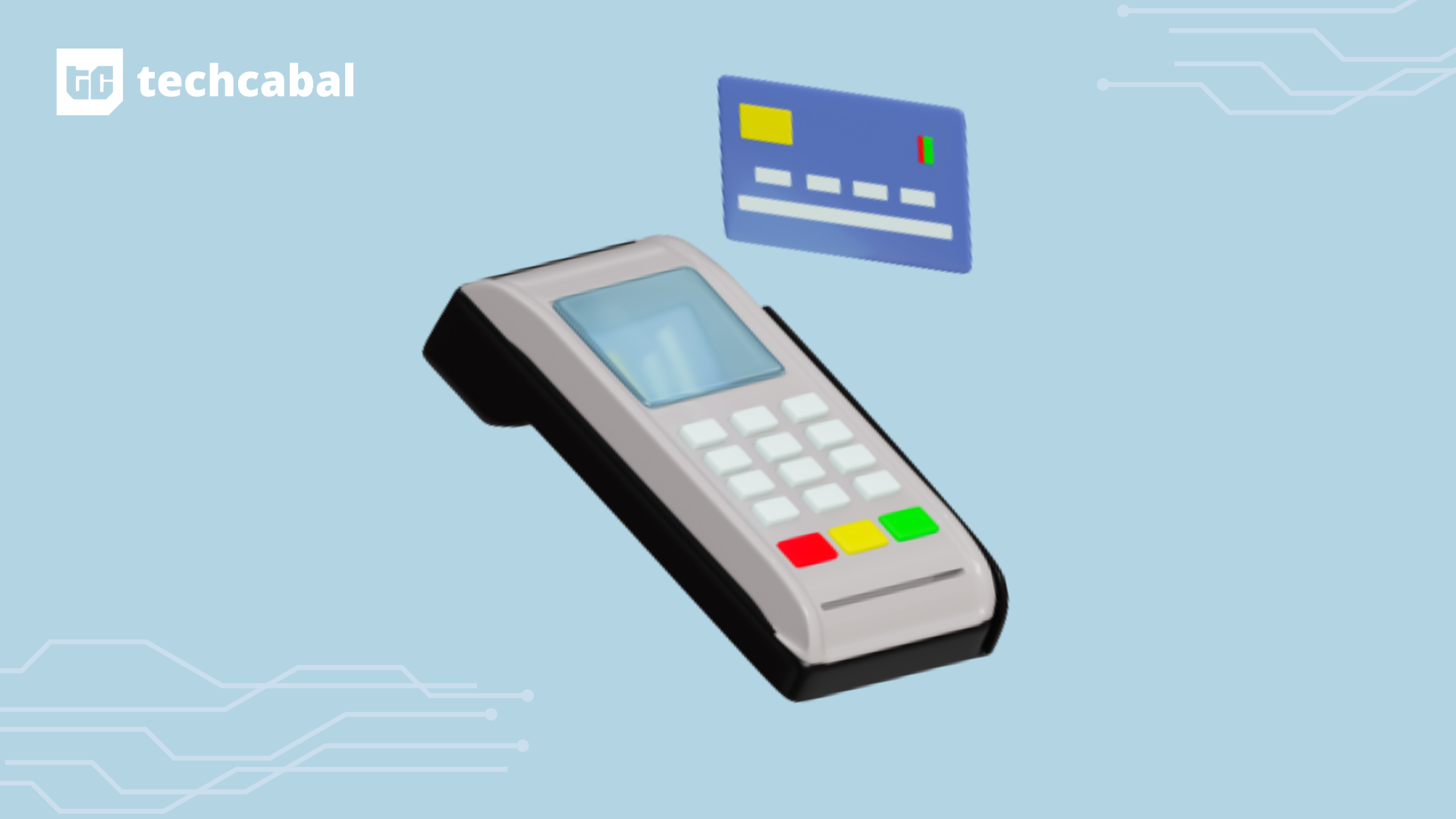The valuation of OPay, the Nigerian fintech startup backed by Sequoia Capital and Softbank, has risen by over 30% since its Series C funding round in 2021, according to recent corporate filings by Opera, an early OPay investor. The valuation growth underscores how Nigeria’s digital payments boom is fueling the rise of a new crop of financial technology companies.
In 2018, Opera acquired Paycom, a Nigerian mobile money operator, and rebranded it as OPay. As a result, Opera had a stake in the company. However, Opera’s stake gradually reduced, eventually declining to 6.4% by 2021.
In early 2023, its stake increased to 9.4% after it sold Nanobank, its Asian fintech subsidiary, to OPay in return for equity in the company. Following the transaction, Opera told investors its 9.4% stake in the fintech was valued at $253 million, according to an April 24 filing with the US Securities and Exchange Commission (SEC). It implies OPay has a valuation of $2.7 billion, compared to its previous funding round which valued the startup at $2 billion.
Opera had earlier valued the stake at $269 million by December 2023 but adjusted its fair value in newer filings following “valuation implied in a smaller financing transaction that took place in late 2023,” the company said in the filing.
OPay has made significant leaps in the past year, partly thanks to an ill-timed currency redesign that triggered cash scarcity for multiple weeks. The absence of cash led more people to rely on fintech apps like Moniepoint and OPay for transactions, pushing national payment volumes to record levels in early 2023. The momentum remained till the end of the year as the value of annual digital payments grew by more than 50% to N611 trillion, according to the Nigerian Inter-Bank Settlement Scheme (NIBSS).
OPay was a major beneficiary. The company “quadrupled its user base through 2023 and grew revenue by over 60% on a constant currency” basis, Opera told shareholders.
However, despite its growth, OPay, like other fintechs, continues to wrestle with fraud and customer safety concerns, which has caused regulatory bodies, including the Central Bank of Nigeria, to tighten rules on account safety.






















